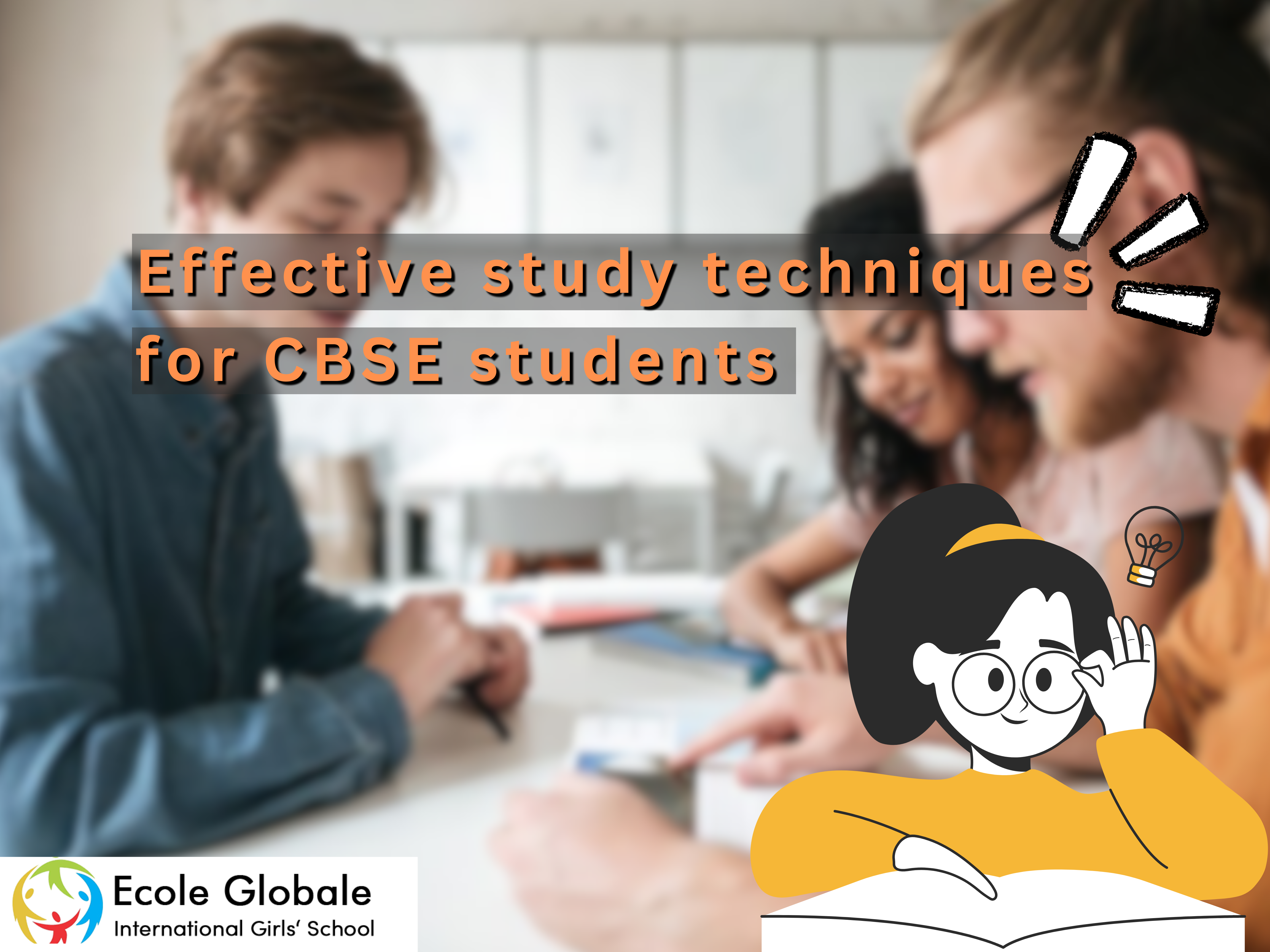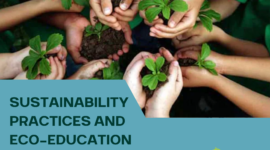Studying for the Central Board of Secondary Education (CBSE) can be both exciting and challenging. While it opens doors to new knowledge and long-term career possibilities, it also demands a structured and disciplined approach.
At Ecole Globale, we aim to guide students toward a balanced academic journey. Discover several effective study techniques that can simplify your daily routine and enhance your academic performance. Every age group—from younger students to adult learners—can benefit from these clear, practical methods.
The Importance of Understanding Your Curriculum
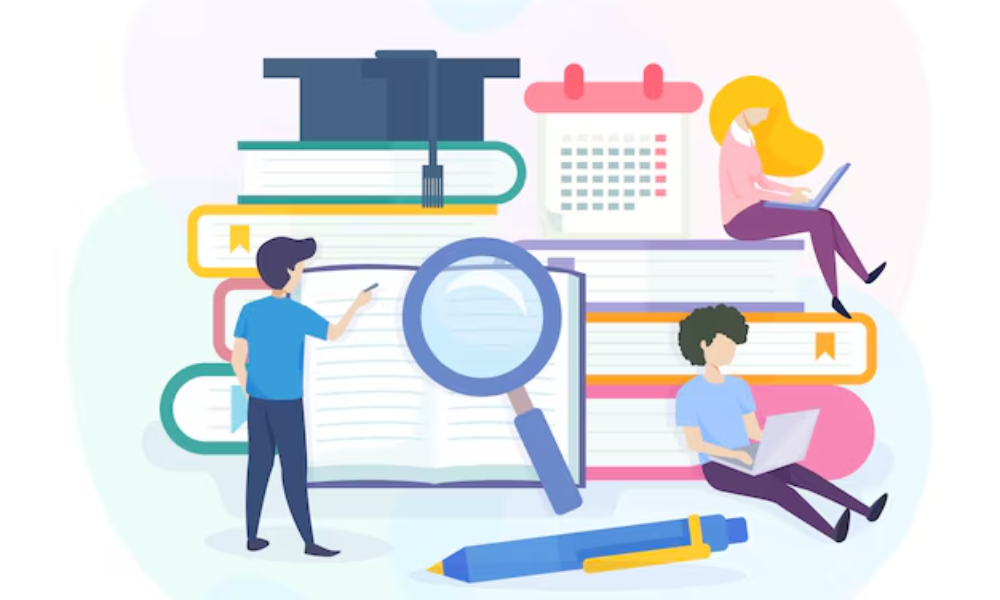
CBSE students often deal with extensive textbooks covering a wide range of topics. Before you begin any detailed study, it is helpful to familiarize yourself with the overall framework of your syllabus. Instead of treating your boarding schools books as isolated units, treat them as chapters of a larger story:
- Structure and Flow: Each subject usually follows a logical progression. For example, in Mathematics, you tackle basic arithmetic before moving on to more complex topics like algebra and trigonometry. Similarly, in Science, introductory concepts lay the groundwork for advanced theories in Physics, Chemistry, or Biology.
- Identifying Core Topics: Every subject has areas of higher importance. By scanning the index or talking with your teachers, you can pinpoint sections that repeatedly appear in exams.
By developing this high-level perspective, you adopt one of the most effective study techniques—understanding the relevance of each unit. This approach ensures that every study session deepens your grasp of the subject matter and motivates you to engage more seriously with the material.
Creating a Practical Study Schedule
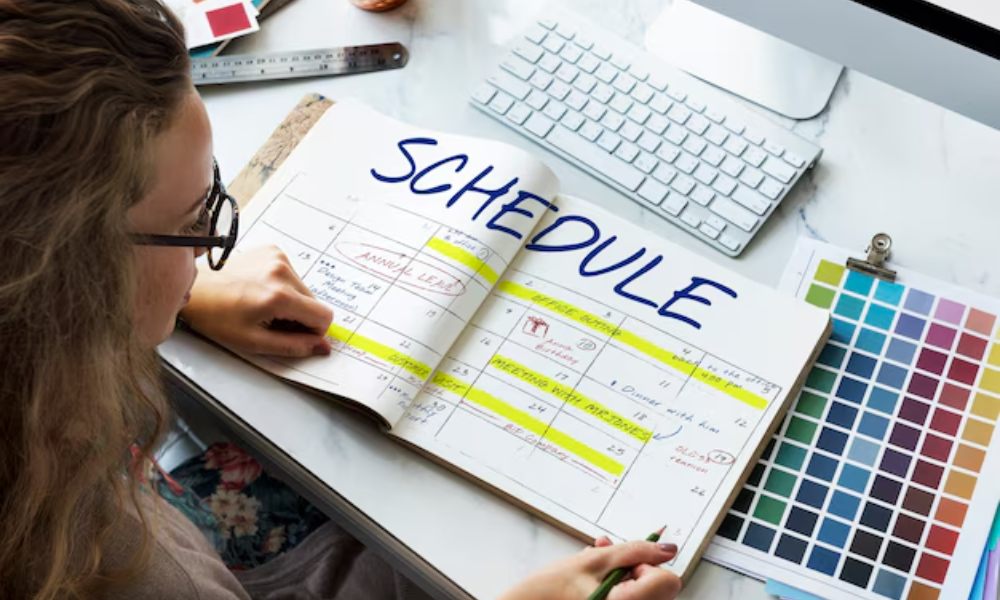
Effective study techniques often begin with solid planning, but an overly strict timetable can sometimes create more stress than relief. Instead, aim for a balanced, realistic schedule:
- Break your day into manageable blocks of time. Dedicate each block to a specific subject or chapter, but allow for some flexibility if you need extra review.
- Insert short breaks to recharge your mind. These can be as brief as five to ten minutes, during which you can do a light activity or simply relax.
- Identify your peak study hours. If you concentrate best in the morning, tackle your hardest subjects at that time. If you are more alert in the evening, schedule crucial subjects then.
A well-planned yet adaptable schedule not only keeps you organized without feeling overwhelmed but also aligns seamlessly with effective study techniques, especially when covering the broad range of topics in the CBSE curriculum.
Emphasizing Conceptual Clarity

In a CBSE-based system, rote memorization may help you pass an exam, but deep learning is what ultimately benefits you in higher education and future careers. When you genuinely understand a concept, you can apply it to real-life situations and advanced academic discussions.
Linking classroom theories to real-world examples is among the most effective study techniques. For instance, relate Newton’s laws to everyday activities like cycling or sports, or compare historical events to current affairs. This approach transforms abstract concepts into tangible understanding.
It can also be useful to create quick diagrams or mind maps. When you visualize how ideas connect, you are more likely to recall them during tests or discussions. Even simple sketches can bring clarity to complex concepts and keep you engaged with the subject matter.
Engaging in Active Learning

Active learning, in contrast to passive reading, demands that you interact with the material:
- Teaching Others: By explaining a concept to a friend or a family member, you reinforce your own understanding. Gaps in your knowledge become more apparent when you attempt to convey the topic in simple terms.
- Self-Quizzes: After finishing a chapter, create a short quiz for yourself. Write down possible questions that a teacher might ask, and try answering them without looking at your notes.
- Written Summaries: When you have read and understood a section, summarize it in your own words. This exercise forces you to pick out key points, boosting both comprehension and retention.
Active learning stands out among the most effective study techniques, enhancing engagement and ensuring you remain attentive to key details.
Note-Taking and Organization

Proper note-taking is one of the most effective study techniques you can adopt. Consistent, clear notes allow you to revisit important points without rereading entire chapters:
- Outline Format: Many students prefer writing main ideas on the left side of the page and supporting information indented to the right. This layout naturally highlights the hierarchy of concepts.
- Use of Highlighters or Color Codes: Mark specific keywords, formulas, or definitions. By color-coding these elements, you make it easier to locate them later.
- Regular Review: Devote a few minutes each day to skim your notes, reinforcing what you have already learned.
Concise and organized notes serve as a quick reference guide when exam time approaches. Rather than feeling overwhelmed by entire textbooks, you can rely on your curated summaries.
Effective Revision Strategies
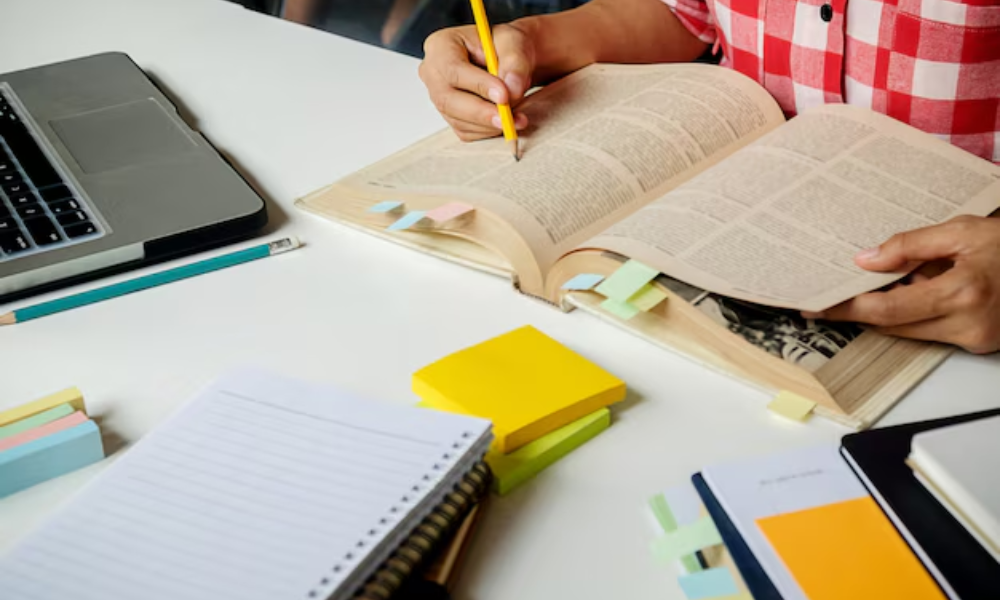
Revision is a continuous process rather than a one-time event before exams. By revisiting old material alongside new content, you ensure a steady build-up of knowledge:
- Spaced Repetition: Review a topic shortly after learning it, then extend the intervals gradually. This method prevents forgetting and strengthens memory over time.
- Topical Grouping: Connect related themes or chapters. If you are studying Biology, for instance, group cell biology topics together and compare their similarities and differences. This fosters a holistic understanding of the subject.
- Use of Past Papers: Sample papers from previous years or mock tests can give you a feel for the exam pattern. They also help you learn how to manage time effectively under exam conditions.
By integrating these revision strategies into your routine, you not only prepare thoroughly for examinations but also keep your mind sharp on each subject year-round.
Leveraging Practice Tests and Mock Exams

Practice tests and sample papers give a hands-on perspective of the actual CBSE exam environment. While studying chapters in-depth is essential, simulating exam conditions teaches you to be calm and efficient under time constraints:
- Set Realistic Timers: Attempt past papers as though you are sitting in the exam hall. Limit distractions and keep a watch handy to gauge how you allocate your time for each section.
- Analyze Each Attempt: Identify and categorize your mistakes. If a specific type of question repeatedly confuses you, seek clarity on that topic right away.
- Marking Scheme: Familiarize yourself with how CBSE awards marks, especially for step-by-step solutions in subjects like Mathematics. Show each relevant step clearly to optimize scoring.
Practicing within actual exam time frames cultivates confidence, so you walk into the real exam better equipped to handle any curveballs.
Managing Stress and Keeping Healthy

Academic pressure can escalate if you do not address the importance of mental and physical well-being. At Ecole Globale, we encourage a holistic view of education that values a healthy body and mind:
- Get moving. Simple forms of exercise, such as morning walks, sports, or light yoga, can drastically lower stress levels by releasing endorphins.
- Maintain a balanced diet. Nutritious meals and staying hydrated enhance alertness and mood.
- Try relaxation techniques. Breathing exercises or short mindfulness sessions help you remain focused. Close your eyes, inhale deeply for a few seconds, and exhale slowly.
Adequate sleep is also crucial. Aim for seven to eight hours of rest each night. A refreshed mind is more receptive to learning, memory retention, and constructive problem-solving.
Balancing Academics with Extracurricular Activities

Extracurricular activities do more than just fill up your schedule. They can sharpen critical thinking, improve social skills, and teach time management:
- Join clubs or teams that spark your interest, whether it is debate, drama, sports, or art.
- Take part in school events. If you enjoy organizing, volunteer for committees. This broadens your skill set and boosts confidence.
- Limit daily screen time outside schoolwork, but allow yourself some moments to relax with digital content if it helps you recharge.
Finding a balance prevents burnout, keeps motivation levels high, and builds a well-rounded personality.
Seeking Guidance and Support

Learning can be a fulfilling yet complicated journey. If a concept seems particularly difficult, remember that there are resources to help you:
- Speak up in class. Teachers appreciate students who ask questions, as it shows genuine interest in the subject.
- Form small study groups with peers. Sharing ideas and discussing tricky chapters can clear doubts.
Seeking support is not a sign of weakness; it is an active step toward improvement. It demonstrates your commitment to understanding and excelling in your studies.
Adopting a Positive Mindset

Your mindset directly influences how you approach academic challenges. A few simple habits can nurture positivity:
- Celebrate progress, however small. Each chapter you complete or concept you grasp is a step forward. Recognizing these steps builds confidence.
- Avoid comparing yourself to classmates or friends. Everyone learns at a different pace. Focus on personal growth and setting realistic goals.
- Keep an encouraging environment. Inspirational quotes, supportive friends, and understanding teachers all contribute to a more pleasant study atmosphere.
A positive mindset is one of the most effective study techniques, transforming obstacles into learning opportunities, reducing anxiety, and making studying more enjoyable.
Practical Application of Knowledge

Applying what you learn in practical scenarios is among the most effective study techniques, strengthening your grasp of any subject.
For instance, conduct small experiments in Science, relate historical events to current developments in Social Science, and apply formulas to real-life budgeting in Mathematics. Such hands-on experiences bridge the gap between theory and practice, making concepts more tangible and memorable.
Conclusion
Studying effectively involves more than memorizing textbooks and chasing high marks. It is about cultivating deep understanding, time management, and emotional resilience.
These effective study techniques—from creating a balanced schedule and staying physically fit to building a supportive learning environment—can guide CBSE students toward meaningful academic achievements.
At Ecole Globale, we believe true education combines knowledge, skills, and personal growth. By integrating these effective study techniques into your daily routine, you can lower exam stress, enjoy the learning process, and build a strong foundation for future success. Embrace discipline, curiosity, and well-being, and you will notice continuous improvement—not only in your test scores but also in your entire approach to life and learning.






